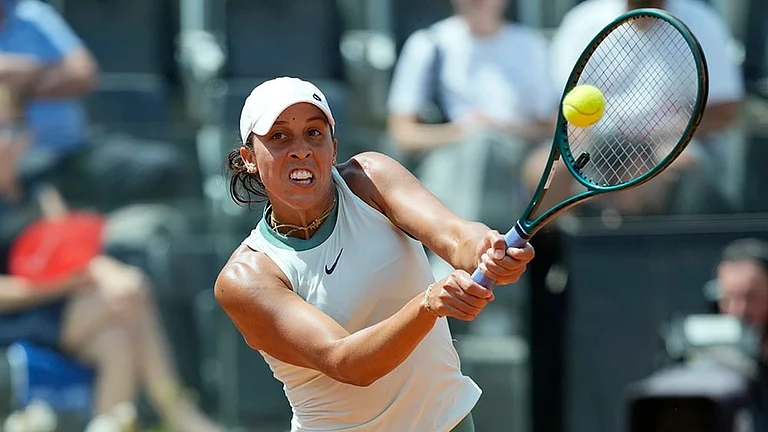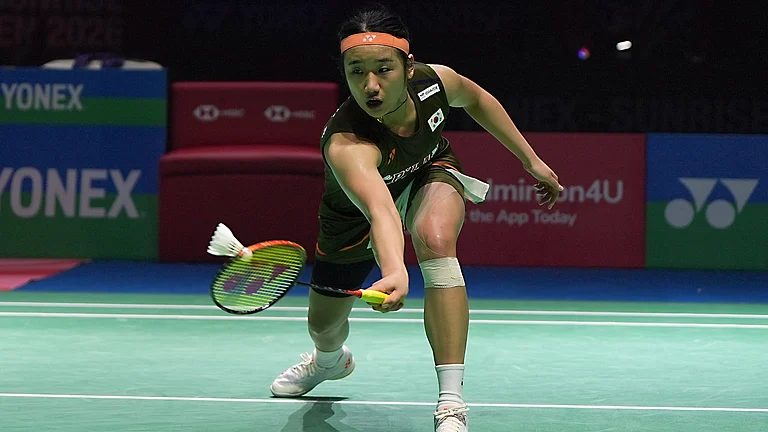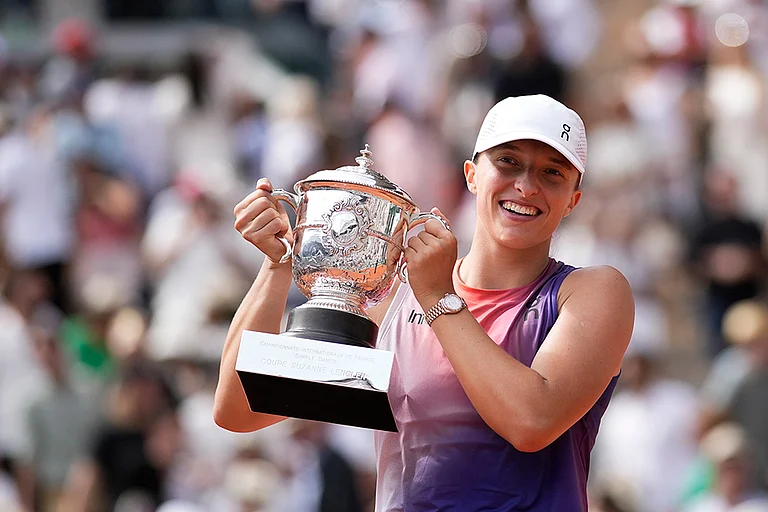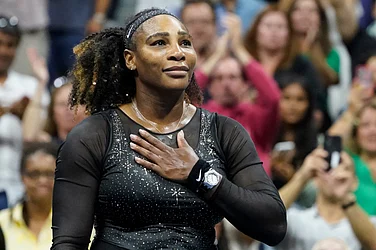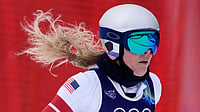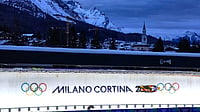The sight of empty seats in the French Open's main stadium, particularly for the singles semi-finals, was disappointing, tournament director Amélie Mauresmo said Sunday. (More Tennis News)
“We're not satisfied,” Mauresmo said, adding that she has “a number of ideas” to help avoid it in the future but did not want to share them yet.
Asked why she thinks people who have tickets are not always using them, Mauresmo replied: “Who knows? I'm not in their heads.”
Added French Tennis Federation president Gilles Moretton: “We can't force people to go to the stands.”
Mauresmo and Moretton said at the annual end-of-tournament news conference that more than 6,50,000 spectators came to Roland Garros over the past three weeks, including the qualifying rounds before main-draw action began on May 26.
Moretton said a review of the whole event will start in a couple of weeks. “Not everything was perfect. We want to improve,” he said.
A topic that arose last year, too, but did not see any change this time is the way scheduling is handled, particularly about the imbalance between women's and men's matches in the one-match night sessions, which have been used for the first 1 1/2 weeks of the singles brackets each of the past three years.
There were zero women's matches and 11 men's matches at night during European prime time this year. There was only one women's night match apiece in 2022 and 2023.
“The generation and depth of talent we are currently witnessing in the sport is incredible. Fans want to see the excitement and thrill of women's tennis on the biggest stages and in the premium time slots," the women's professional tennis tour, the WTA, said in a statement issued by a spokesperson.
"To continue building the value of our combined product, a balanced match schedule that features both the best in men's and women's tennis is critical.”
Mauresmo, a former No. 1-ranked player who won two Grand Slam singles titles, said someone from the WTA is among those “in the room,” when each day's program is determined, and “I did not see any push also to have (a) women's match in the evening.”
Mauresmo said her biggest concern about having women's matches at night is that, in part, because they use a best-of-three-set format — as opposed to the best-of-five used for men's Grand Slam contests — they might be too short to be considered worth the price of admission.
She said she does not want to schedule two matches at night — one women's and one men's — because then, play will continue too late.
Moving up the start of the night session from its current 8:15 pm local time is not an option because fans wouldn't get there at, say 7 pm, “given the culture we have in Paris,” Mauresmo said.
French Tennis Federation Director General Stephane Morel added that the time required to clear the stadium after the day session ends, then allow those with tickets for the night session in, takes too long for an earlier start.
“Nothing's engraved in stone. Things can change,” Mauresmo said. “It's one single match that we play at night, and therefore we have to make choices. That's why this year we wanted to have only men playing at night.”








